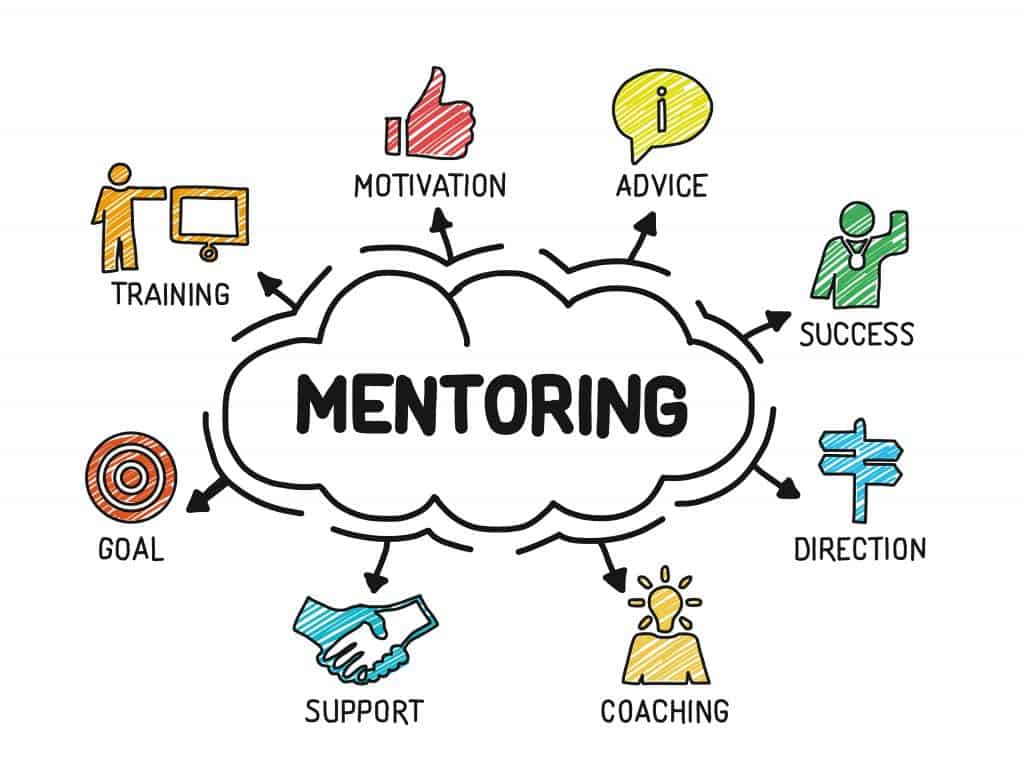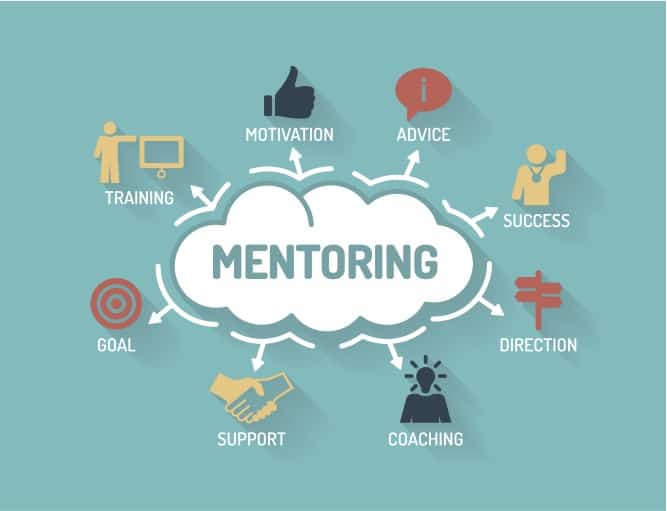theteam@theeducationhub.org.nz
Postal Address
The Education Hub
110 Carlton Gore Road,
Newmarket,
Auckland 1023
The main purpose of mentoring in education is to support teachers and leaders to reflect critically on their knowledge, skills and dispositions in order to improve and enhance their practice and wellbeing.

An introduction to the research on mentoring and its benefits for both mentors and mentees.

The key principles of effective mentoring and how to use them in practice.

How to build trusting relationships and establish roles and responsibilities in mentoring partnerships.

A set of questions to help structure and guide productive mentoring conversations.